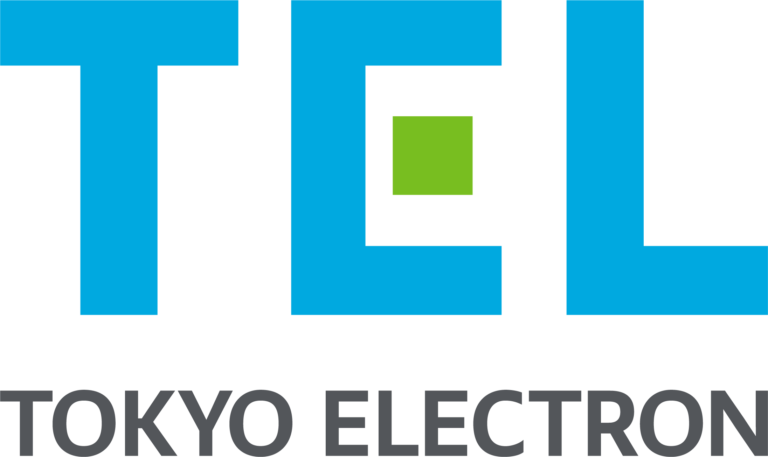Honda Motor Co., Ltd.
| Employees: | 219,722 (2019) | ||
|---|---|---|---|
| Founded: | October 1946 | Corporate Website: | global.honda |
| Employees: | 219,722 (2019) | ||
| Founded: | October 1946 | ||
| Corporate Website: | global.honda | ||

We believe that GLOBIS Manabihodai is useful not only for planning our future training programs, but also for promoting the effectiveness and significance of training within the company.
Hideaki Kasai Chief of HR Dev.The “Work for Your Own Sake” program is a first step toward fostering human resources that are capable of evolving.
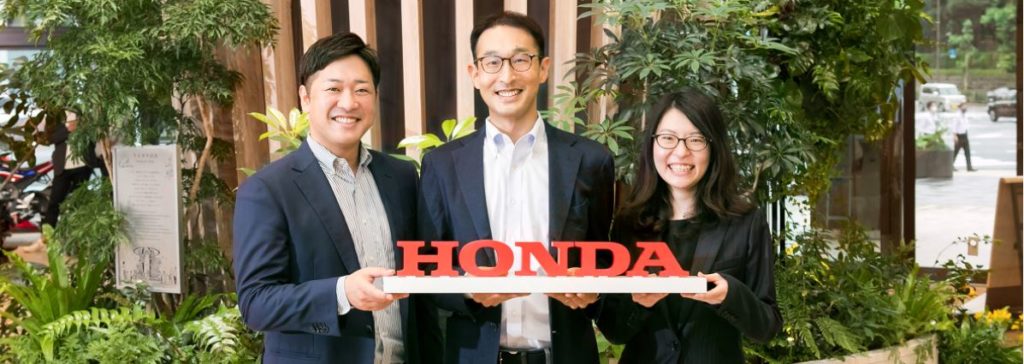
Honda’s human resource development strategy provides a training program for new employees that is conducted entirely online.
Honda Motor Co., Ltd.
Shinichi Ono, Manager of Human Resource Development, Human Resource Division (center)
Hideaki Kasai, Chief of Human Resource Development, Human Resource Division (left)
Yukiko Ichihara, Human Resource Development, Human Resource Division (right)
Article summary
- The ability to respond to change is required in addition to engineering expertise.
- Remote training for new employees helps foster learning and a proactive attitude.
- Training requires output, not just input.
The idea of using an engine for auxiliary power was conceived in 1946 when bicycles were still a primary means of transportation. Established in 1948, Honda Motor Co., Ltd. set out to develop an engine of its own. In 1963, the company entered the automotive industry with Japan’s first sports truck equipped with a dual overhead camshaft engine. Honda, which subsequently developed a variable valve timing and lift electronic control system engine, has consistently led the motorcycle and automotive industries with its technological prowess. At Honda, approximately 88% (530 of 600) of new hires are from the field of engineering.
We asked the company about its new employee training program—which underwent major changes in fiscal 2020—and the company’s employee training policies going forward.
Program implementation
GLOBIS Manabihodai (Japanese: グロービス学び放題, gurōbisu manabihōdai) and GLOBIS Manabihodai Freshers courses were included as required content in the 2020 training program for all new employees, who numbered roughly 600. The two-month program, which also included lectures and workshops delivered by the company’s own staff, was conducted entirely online.
Transformation to output-oriented training was made possible online
What are the current challenges for your human resource development?
Ono: The automotive industry changes considerably with the times. In recent years, the industry has witnessed major changes, such as digital transformation, the use of artificial intelligence, and the evolution of automobile-related technologies. A large percentage of our employees are engineers. Until now, we have been a siloed organization with individual workers possessing their own expertise. Of course, expertise is important. However, going forward, we must adapt our expertise to the times. What is important is the willingness to proactively and confidently acquire skills in new areas.
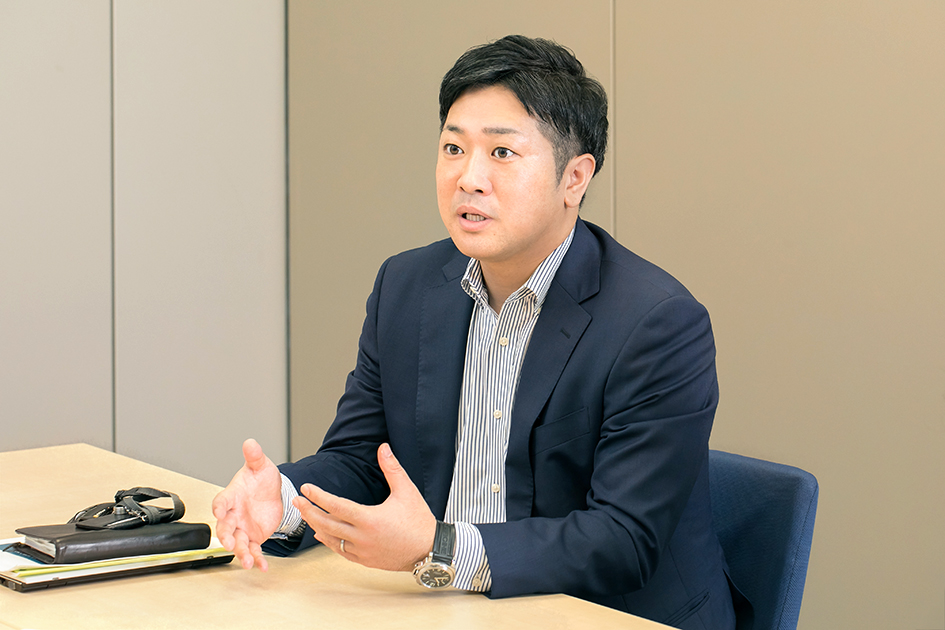
Kasai: In the past, we would train new employees in a group setting during the first week of employment. The program consisted of lectures by staff from each department and mainly focused on input. The trainees would mostly sit and listen. We were concerned that this was encouraging a passive attitude, making employees feel as though knowledge would simply fall into their laps. New employees would then spend three months at a factory and another two months at a dealership for practical training before being assigned to their respective positions.
We experienced a major shift in 2020, partly because of the COVID-19 pandemic. We moved training for new employees entirely online, providing a venue in which they could learn more proactively. We explored the types of training to best serve this purpose and chose the GLOBIS Manabihodai and GLOBIS Manabihodai Freshers programs.
What was the decisive factor for adopting GLOBIS Manabihodai?
Ichihara: First of all, the content is diverse. Many of our employees are in the engineering field, but we also hire individuals in other specialties, such as administration. We wanted these individuals to learn independently about their field of interest. This is the reason we chose GLOBIS Manabihodai, which covers a wide variety of fields.
Another decisive factor was the wealth of content that could be made compulsory for new employee training. The courses we have deemed compulsory include Critical Thinking, which fosters the ability to think logically; Accounting and Finance, which provides accounting knowledge; Career and Aspirations, allowing trainees to reflect on their careers; and Global, which imparts knowledge that businesspeople on the global stage require.
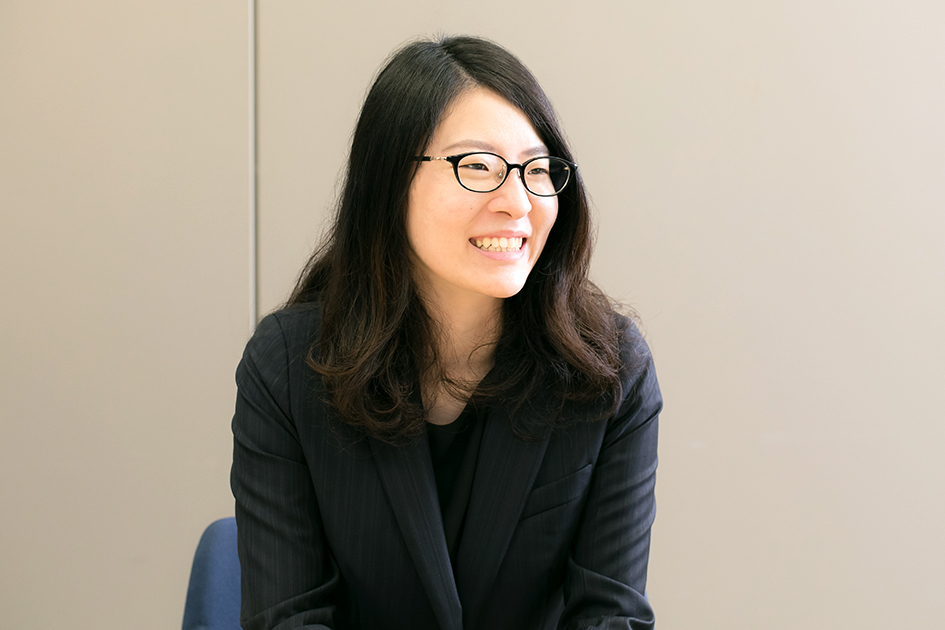
How exactly did you use GLOBIS Manabihodai during the training?
Ichihara: During the two-month training period, half of each day was focused on lectures and workshops taught by our employees, and the other half was allocated to self-study based on either GLOBIS Manabihodai or other engineering e-learning courses.
The trainees first used GLOBIS Manabihodai to gain knowledge, then attended lectures delivered by employees or participated in workshops based on the content that they had acquired. The program was designed to allow sufficient time for output from trainees.
We held four workshops, each of which lasted five half-days. One was on the future of Honda cars. Trainees first watched GLOBIS Manabihodai courses on SWOT and PEST analyses, then formed groups of four to conduct environmental and target analyses. They were then asked to consider the future of the automotive market and propose their vision for the future of Honda cars. Some groups were subsequently chosen to make presentations, and trainees provided feedback to one another.
Kasai: As an incentive, we informed trainees that we would consider patent application or commercialization for excellent proposals, so trainees were very eager to perform this assignment. In fact, several did generate ideas that employees on the business side of the company were willing to consider. Those proposals are currently being reviewed for possible patent applications.
Seeking to foster a culture of proactive learning for all personnel, not just new employees
How did GLOBIS Manabihodai live up to your expectations?
Ichihara: More people viewed business-related content than we expected. Viewing of required content was completed by mid-April. Following this, trainees were asked to focus on their own interests or to strengthen their areas of weaknesses. Many continued to view GLOBIS Manabihodai content, rather than engineering-related e-learning courses. In addition, trainees acquired sufficient accounting knowledge and learned how to read financial statements because we made the Accounting and Finance course compulsory.
Kasai: For training in accounting, we asked an employee from the Finance Department to provide a lecture on how to read Honda’s financial statements. As trainees had acquired basic knowledge beforehand through GLOBIS Manabihodai, they were able to not just follow along, but deepen their understanding.
Ichihara: Engineers do not have many opportunities to actively learn accounting. We were pleased to provide a training opportunity for them to learn that kind of general business skill.
Another great advantage of GLOBIS Manabihodai is that it allows users to easily review what they have learned at any time. In the past, we haven’t provided adequate review methods. In fiscal 2020, we have therefore established an environment in which trainees can easily review their lessons. As such, new employees can pursue self-learning at their leisure even after the training period. This is an attractive feature of GLOBIS Unlimited.
Kasai: In addition, we have obtained user data for GLOBIS Manabihodai courses attended by trainees. We believe that we can utilize such data for future training programs and evaluations. Our data analysis team is already working toward this goal. Analysis may allow us to recognize changes in the motivation of new employees and detect whether they behave more proactively. We believe that GLOBIS Manabihodai is useful not only for planning our future training programs but also for promoting the effectiveness and significance of training within the company. We will make the most of this program.
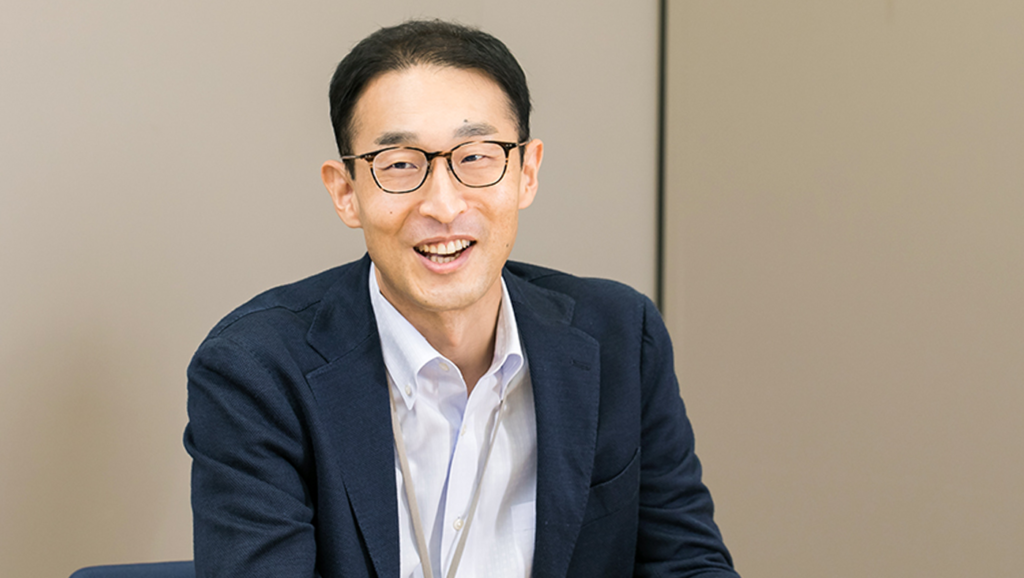
Please tell us about your vision for future human resource development.
Ono: We talked about proactive learning at the beginning of this interview. Proactive learning is not limited to new employees. Through an attitude survey that we conduct every three years, we have learned that enthusiasm for learning is not growing among younger employees. We believe that younger employees do want to learn, but they likely do not know what or how to learn on the job, or they have not discovered a suitable learning tool. We need to provide guidance to such employees, so we are considering tools that enable independent learning, such as GLOBIS Manabihodai, for employees at different levels.
Of course, we have a variety of training programs, such as those designed specifically for each level. Going forward, however, we should foster a culture in which people proactively learn on a regular basis outside the job-training scheme. We hope to create a new method for fostering human resources for Honda by involving not only the Human Resources Department, but also other departments and management.


